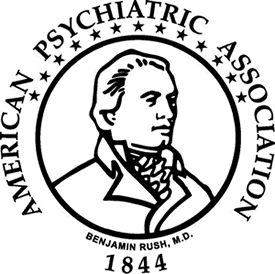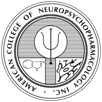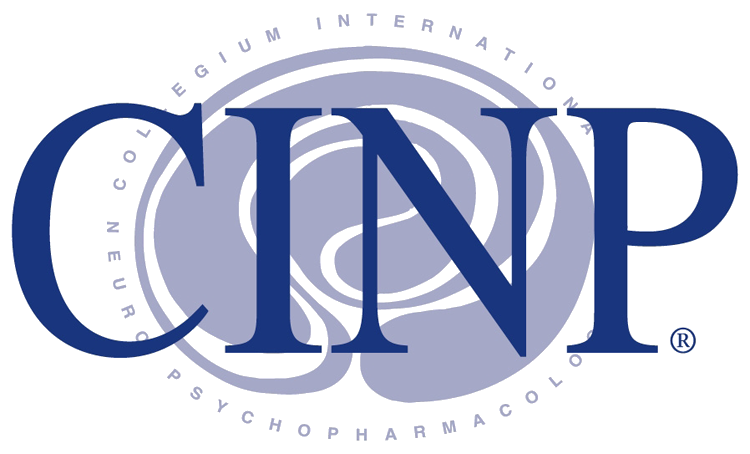Depression Treatment NYC
Depression is a mental disorder that affects millions of individuals in the U.S. and worldwide. According to the National Institute of Mental Health, approximately 16.1 million American adults had at least one major depressive episode in 2015. For those suffering from depression, feelings of isolation are common and, in some cases, can be overwhelming. Unfortunately, this leads to many cases being left untreated. While the symptoms of depression can seem insurmountable, they can be managed with proper treatment. Clinical depression is considered a serious medical illness and should be addressed.

Types of Depression
Depression can be temporary and episodic or persistent. Clinical depression is typically diagnosed when the symptoms have been present for a period of two-weeks or more and is felt throughout most of the day. There are different types of depression, each with specific symptoms and underlying triggers. Diagnoses include: major depressive disorder (MDD), seasonal affective disorder (SAD), postpartum depression, and situational depression related to an event (such as a recent loss). All types of depression can affect your emotional and physical health. For an accurate diagnosis, it important to see a qualified professional for an evaluation.
Common Symptoms of Depression and Associated Problems
Depression can have a significant impact on an individual’s day-to-day functioning, affecting work or school performance, relationships, and physical state. The particular symptoms of depression can vary from individual to individual. Some typical symptoms include:
- A blue, melancholic mood
- Feelings of hopelessness, guilt and anxiety
- Loss of interest in activities or things that used to be enjoyable
- Change in eating habits (either loss of appetite or increase in appetite)
- Change in sleeping patterns (increase or decrease in sleep)
- Problems concentrating
- A lack of energy or feeling tired
Apart from its more immediate cognitive and physical symptoms, depression is linked with higher rates of chronic disease and other problems. Depression is associated with an increased risk of heart disease and blood clots. One Norwegian study concluded that depression can raise amount of stress hormones released in the body, which can contribute to the buildup of arterial plaque. Substance abuse can be associated with depression, as some may turn to alcohol and drugs to mask and alleviate symptoms.
Major Depressive Disorder
Also referred to as clinical depression, this condition is categorized by a disinterest in once enjoyed activities and a constant state of sadness. Constant loss of interest often leads to negative changes in behavior, diet, concentration and hygiene. If you experience periods of insomnia or hyperinsomnia, or changes in your sleeping habits you may be suffering frorm MDD. The mood disorder is accompanied by a constant feeling of sadness and loss of interest in hobbies and social activities that once made you happy. It impacts the way you feel, process information and act and lead to a variety of social, emotional and physical problems. Depression isn’t something to be ashamed about, please seek help at the onset of symptoms.
Signs & Symptoms of Major Depressive Disorder
- Noticeable loss of sexual interest
- Constant fatigue and energy loss not helped by rest
- Irregularity in sleep pattern; sleeping too much or too little
- Fluctuations in weight; significant weight loss or gain over short time period
- Mental fog and lengthy periods of agitation
Causes of Major Depressive Disorder
- Chemical imbalances: Individuals who suffer from depression are wired differently. The chemical structure of the brain is different from someone who isn’t afflicted with the disorder.
- Brain signals: Neurotransmitters responsible for depression don’t respond the way they should. Instead of maintaining a healthy mood balance, miscommunication causes the situation to intensify.
- Hormonal irregularities: When the body’s hormones aren’t balanced properly, clinical depression can be triggered. Bodily changes such as pregnancy, thyroid problems, menopause or other conditions may be responsible.
- Genetics: Sometimes MDD is passed through our genes from other relatives who have had the disorder.
Seeking Treatment: Psychiatrist Therapy, New York
Many people who suffer from depression are reluctant to seek professional help, minimizing their symptoms. However, if you are having symptoms of depression, it is important to reach out and seek support from family, friends, and a mental health professional. Depression can be treated with psychotherapy (talking therapy) and prescription medication. Often a comprehensive treatment plan involves a combination of both. Our group has treated thousands of patients who suffer from different forms of depression using cognitive behavioral therapy, psychotherapy and expert psychopharmacology. Contact us for a consultation.
















